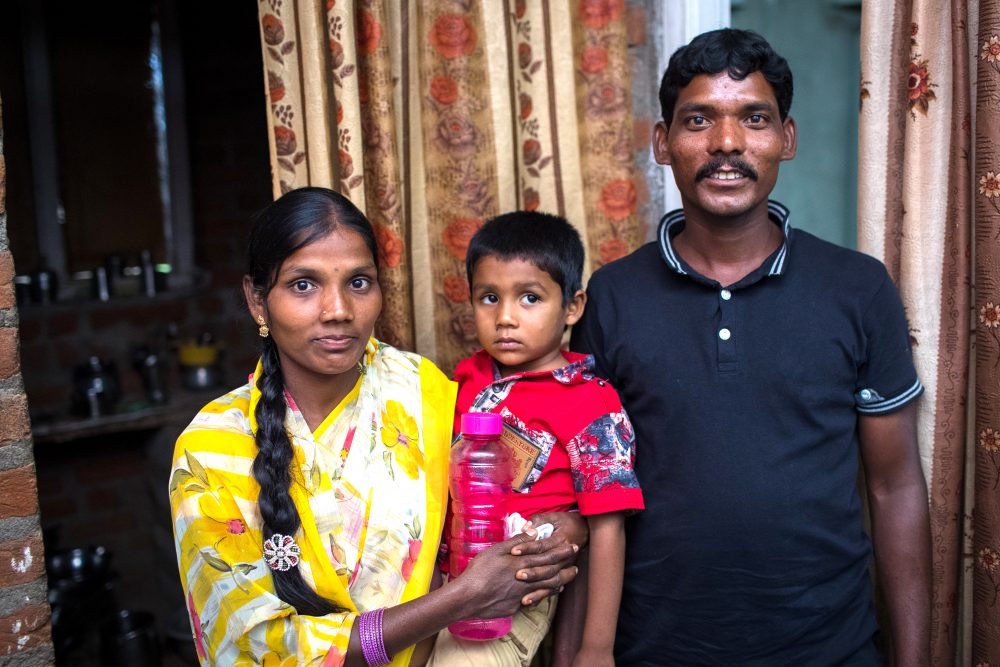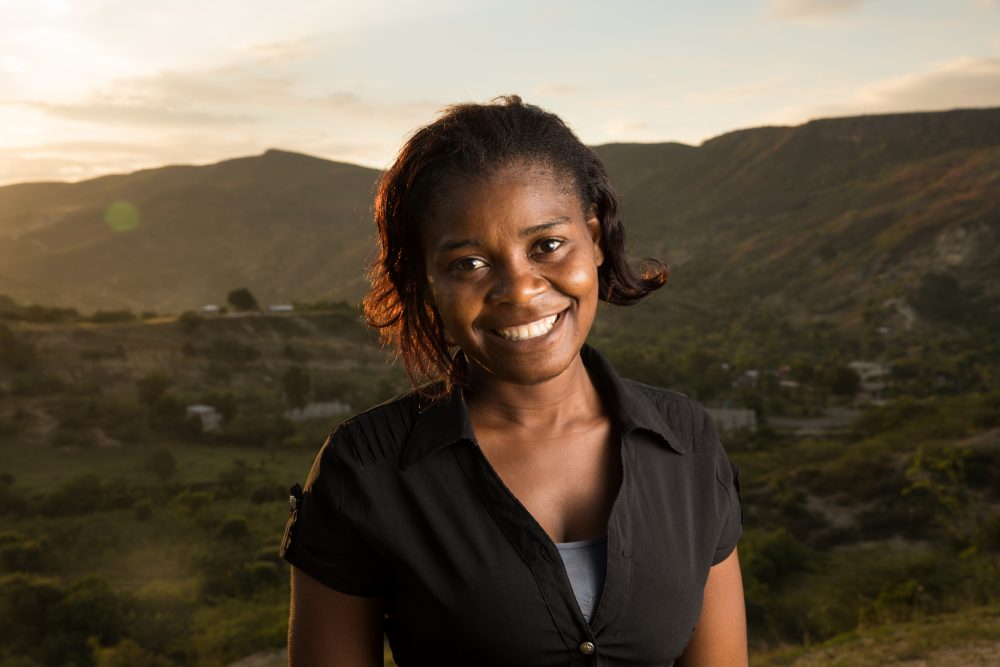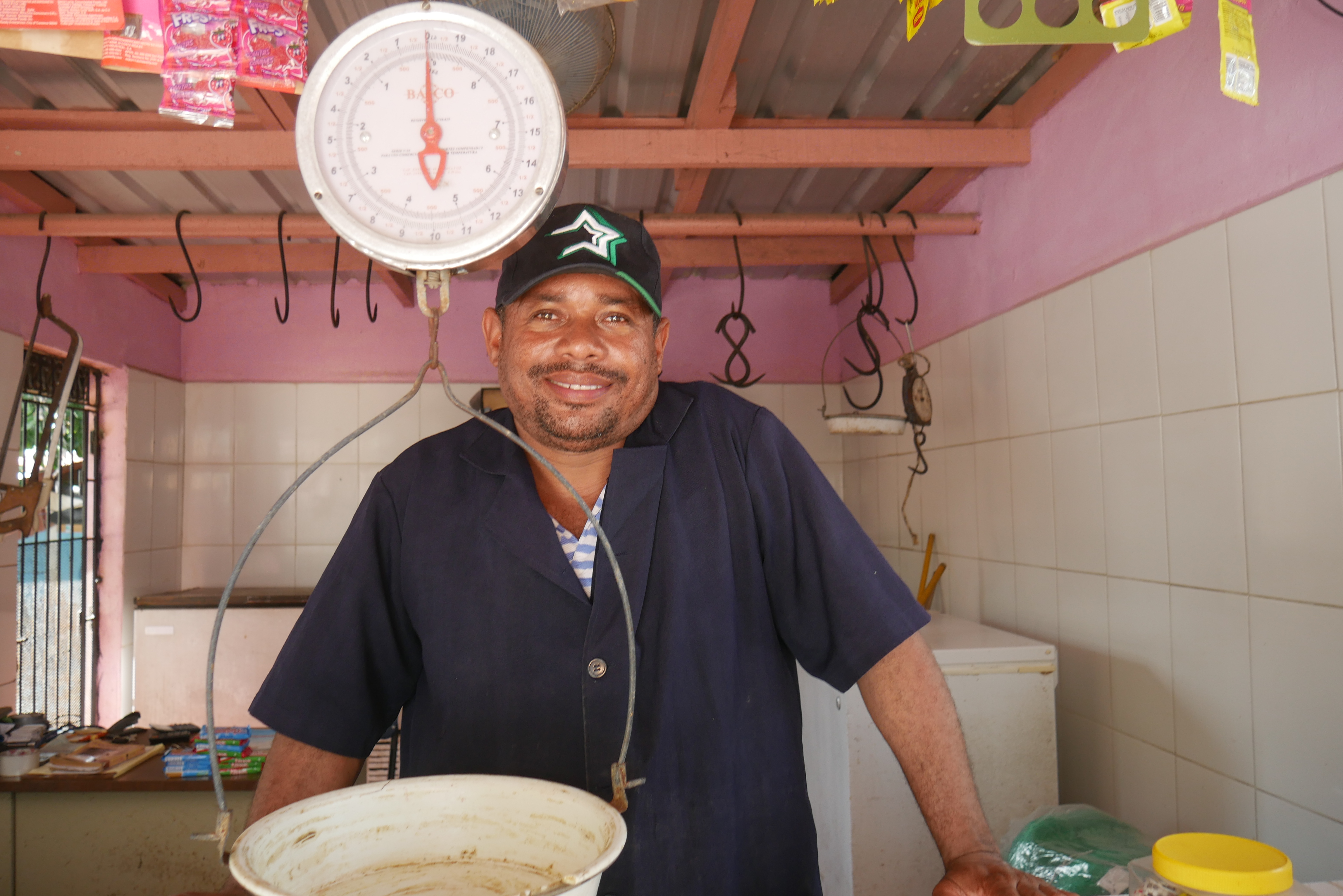When Kafelini Daudi’s husband told her to take their children and go ahead of him to Ntcheu, a small village in rural Malawi, she assumed that he would meet them there. But he never did. Unable to locate him, Kafelini had no choice but to move forward. She needed to find a way to provide for her five children, even if they only ate one meal a day. She remembers, “I had no money.” Continue Reading…
Archives For community
HOPE Intl
HOPE Intl
Stories we loveIn 2009, a group of women in Kirehe, Rwanda, began meeting together. All of them had lost their husbands, but the reason behind their husbands’ absence couldn’t have been more vastly different. Some had lost their husbands as victims of the Rwandan genocide 15 years earlier; others had husbands serving prison sentences as perpetrators of the genocide’s violence. At a time when great fear and hatred existed between ethnic groups, the women’s act of gathering together across ethnic lines was revolutionary.
When their church introduced the savings group program through HOPE International in 2011, the women decided to start saving together, naming their group Abavandimwe, an affectionate Kinyarwandan term for “siblings.” Continue Reading…
“Before I was part of the savings group, I wasn’t smiling.”
Kerline Jean Louis’ small restaurant is located alongside the bustling highway in Haiti that connects her rural town of Jeanton II with the capital city of Port-au-Prince. The business is perfectly positioned to appeal to the hungry travelers riding the colorful taxis (known affectionately as tap taps), buses, and motorcycles passing by.
A true businesswoman, Kerline likes to adjust her menu according to customer preferences: “It’s really based on demand—some people like grits, some people like rice and beans,” she explains. But before joining a savings group last year, she didn’t have money to purchase the ingredients required to make her most popular dishes. Without reliable access to the necessary ingredients, her business position became precarious.
Then, Kerline’s landlord unexpectedly announced he’d be selling her home; if she wanted to stay there, she’d have to purchase it for the 25,000 gourdes ($388 USD) he was asking for it. As a widow and single mother of three, Kerline is the sole provider for her household. She already struggled to have enough to pay for food, school fees, and rent—there was no way she could afford to buy her home outright. Moving elsewhere offered challenges, too; her home is situated just across the street from her restaurant, and the thought of leaving a space that had been a source of comfort and stability following her husband’s death was difficult to consider.
Kerline and her children were facing the possibility of homelessness.
by Luke Harbaugh, HOPE Church Representative
It’s tempting to idealize a life of isolation. The fiction of total independence, full autonomy, and little to no social accountability can sound appealing. However, Genesis 2:18 reminds us “it is not good for a man to be alone,” and we also learn from Genesis that God created us to function as social creatures, living in relationship with Him and in community with others. When we embrace a life of isolation, we are denying a key piece of our design as humans, but when we embrace community, we come alive more fully.
I got to personally witness the healing power of community when I visited Ishaan and his sister Darsha in South Asia last year.* Ishaan used to live a pretty normal life—he was funny, kind, and well-liked by those who knew him. But one day he started to get sick—and this sickness went beyond physical symptoms. His personality seemed to change.
He stopped eating, and he would barely drink. There were also violent outbursts and anger. Where he once used kind words, there was now profanity and insults. He would cry out randomly, and he would snarl and flail wildly. Completely out of character, Ishaan also stopped working. Continue Reading…
HOPE Intl
HOPE Intl
Stories we loveAs a retailer in a local market near Jeanthon II, Haiti, Manoucheka Joseph puts in a long day. At 6 a.m., she packs a black rolling suitcase with her wares—sandals, children’s clothing, and drinks—hails a taxi, and makes her way to the bustling market. She spends the day tending to her stall and helping customers find items, and doesn’t return home until 6 p.m.
Even though Manoucheka was involved with the church in her community, her busy days away from home kept her from getting to know her neighbors. “I didn’t have any friends,” she relates.
Manoucheka also worried about not having enough income to save for unexpected emergencies that might arise—not only for herself but for her 8-year-old son. “Life was difficult,” she recalls. “We earn 100 gourdes, and we spend 100 gourdes. We just live one day at a time, with no hope for the future. So, […] if there’s an emergency situation, how are we going to face it?”
Then, this past February, Manoucheka decided to join Gwoup Epay Debora, the Deborah Savings Group that had started at her church. Continue Reading…
Around the world, HOPE-network clients are accessing financial services to grow their businesses. Join us in celebrating the ways these hardworking men and women are using their gifts, abilities, and creativity to support their families and impact their communities.
Continue Reading…





















